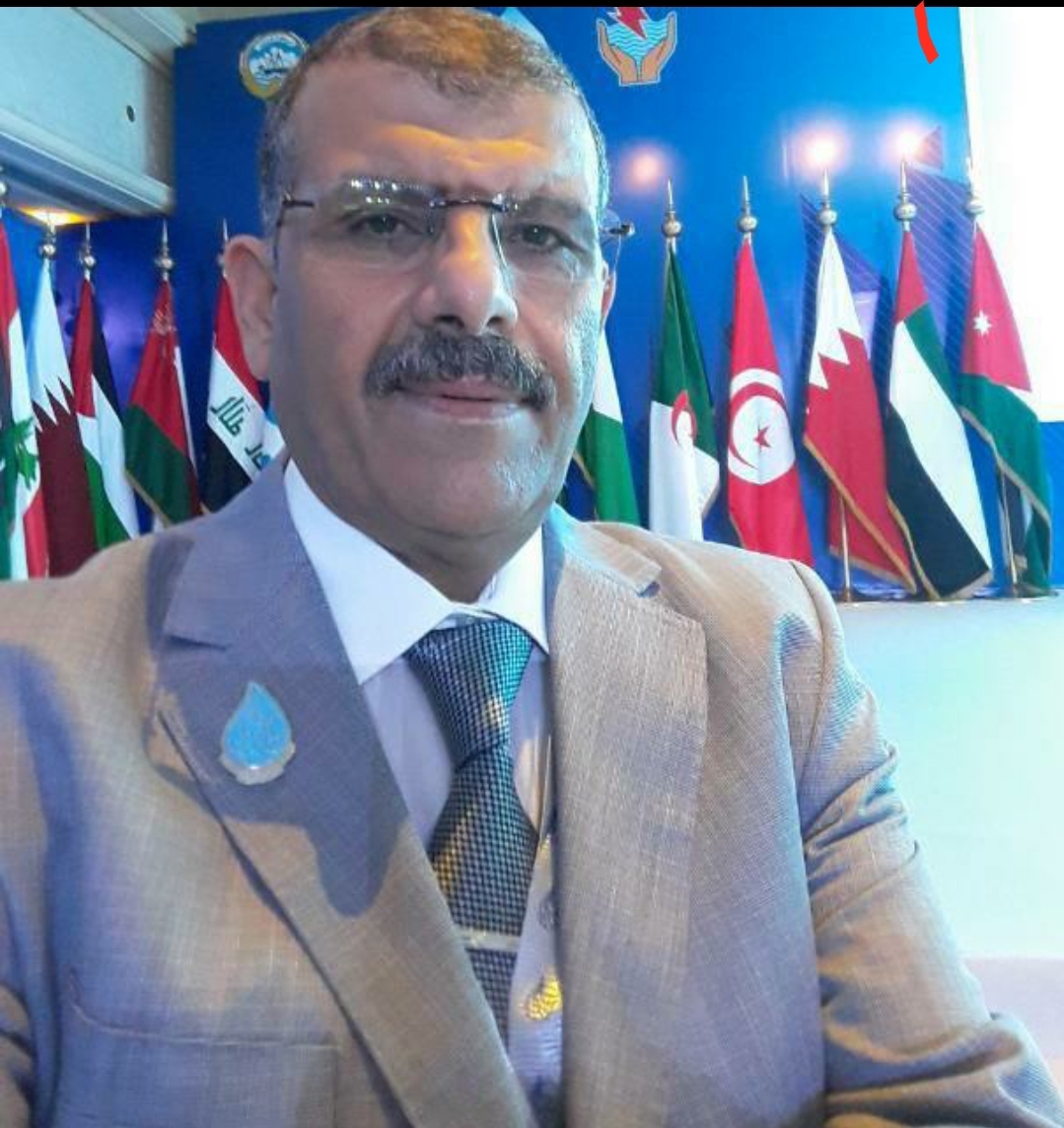Invited Speaker

Dr. Yousry El Sayed Mattar
Senior Advisor in United Nations Development Program (UNDP), Ministry of Environment, Water & Agriculture, Riyadh, KSASpeech Title: Underground dams as an adaptive measure to confront the impacts of climate change in the Kingdom of Saudi Arabia
Abstract: Rainfall scarcity, low rates of groundwater recharge and depletion of groundwater wells are among the main challenges in water sector in Arid and semi-Arid regions such as the kingdom of Saudi Arabia. The climate change impacts specially the rising in temperatures rates will enhance the evaporation losses from surface water and hence dries out soils and vegetation and increase the drought. The reliance on groundwater during drought results in overdraft, degradation of groundwater quality. Underground dams are considered good alternative solutions for water supply rather than surface dams in regions where surface dams are not applicable due to geological conditions, safety hazards, and where sedimentation rates and evaporation losses are relatively high. Underground dams play an important role in improving groundwater quality. On the other hand, underground dams have no security risks, where they remain stable during small earthquakes, there is no danger of breaching due to natural or manmade disasters. Underground dams are constructed in areas of good storage within superficial deposits, where confining bedrock is sufficiently impermeable, and sufficient recharge to the reservoir area exists. Ministry of Environments, Water & Agriculture (MEWA) in the Kingdome of Saudi Arabia has undertaken the expansion of the dam construction as early as 1956 and up to date, to maximize the benefit from renewable water, to increase the rates of groundwater recharge in the wadi deposits (Alluvium) and to benefit from them for water supply. Saudi Arabia has constructed (574) surface and underground dams, for different purposes, having (2.596) B.m3 total storage capacities. Among these are (559) surface dams, and (15) underground dams having a total storage capacity (2.491) Billion m3 and (105) Million m3 respectively. Among of theses (8) underground dams in Al Baha region, (2) underground dams in each Makkah, Jazan, Najran and Asir regions. MEWA is planning to expand in the construction of underground dams for augmenting the utilization from rainfall harvesting and floods, as well as the little operational and maintenance costs comparable to the surface dams. Forty-five (45) sites of underground dams have been studied within the project of “1000 dams” having total storage capacities (342.6) M.m3. The new proposed underground new dams will contribute to enhancing the water resources sustainable development and groundwater recharge. given the limited operation and maintenance of underground dams.
